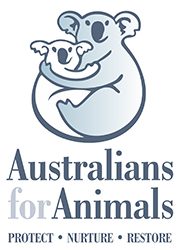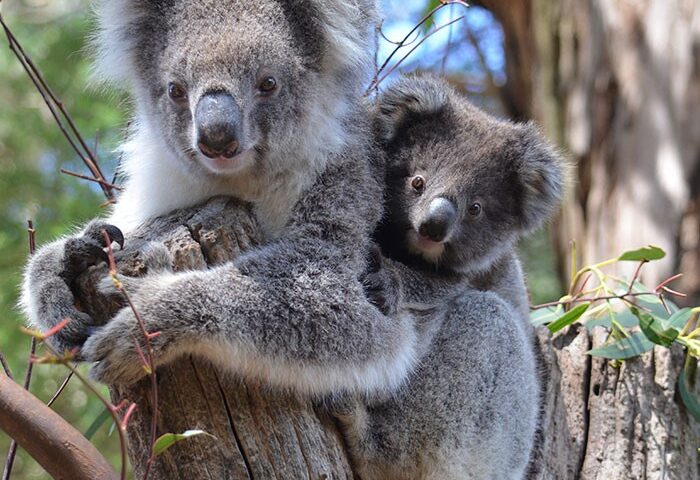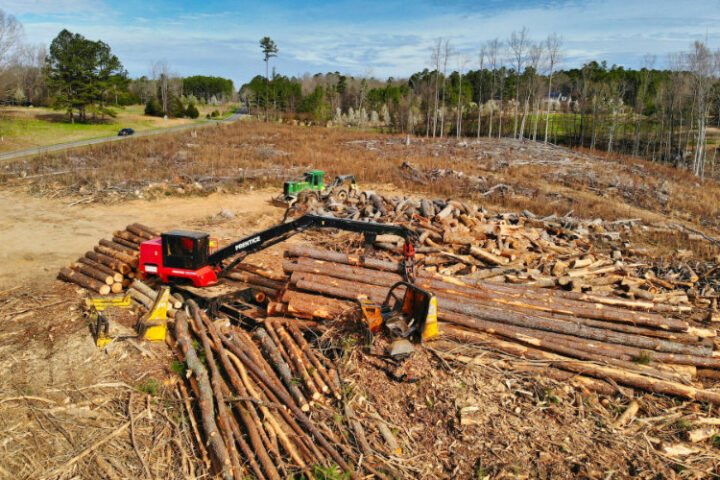AUSTRALIA’S ICONIC KOALAS IN CRISIS. LEONARDO DI CAPRIO FOUNDATION WEBSITE.
Sue Arnold
Co ordinator, Founder, Australians for Animals Inc.
A perfect storm of threats is putting at risk the survival of koalas in their east coast heartlands, New South Wales and Queensland.
Koalas are faithful to their home ranges, which are rapidly being destroyed by urbanisation, highway upgrades, mining, deforestation, infrastructure, wildfires and drought. With a massive increase in immigration sending Australia’s population to 25 million in less than 9 years, coastal native forests, homelands of koalas and forest dependent species are being eradicated to accommodate the upsurge in growth.
The failure of state and Commonwealth governments to protect remaining habitat has created a heart-breaking situation as koalas are driven out of their habitats with few options for survival.
Many koalas die of starvation, dehydration and stress. When their home range is lost, they wander, confused and vulnerable to dog attacks and vehicle strike.
A diminished immune system providing a ripe environment for diseases such as chlamydia, which causes conjunctivitis, blindness and painful urinary tract infections resulting in euthanasia.
Eucalypt trees provide koalas with food and shelter, their sole diet consisting of the leaves of selected species. However, with New South Wales and Queensland now experiencing one of the worst droughts on record, with no relief in sight, koalas are experiencing difficulties in obtaining their moisture and nutrient needs.
Australian governments have steadfastly ignored the International Union for the Conservation of Nature (IUCN) designation of the koala as one of the ten most vulnerable species globally to climate change.
There are no refugia, no dedicated koala parks.
It’s almost impossible to establish how many koalas remain. In New South Wales, the last population estimate that was undertaken in 2006 suggested 1000-10,000 koalas, a massive collapse in numbers. Since 2006, every major population remaining has suffered huge declines as development projects destroy habitat. In south-east Queensland, the most critically important area for koalas, more than 80% of habitat has been lost to massive development.
Highway upgrades in both states have failed to provide connectivity structures, instead exclusion fences have been installed. At this time of year, young koalas disperse seeking home ranges, it’s also breeding season. The exclusion fences prohibit their natural behaviour and also entrap the koalas in the event of wildfires.
One of the most serious threats facing koalas is the likelihood of governments adopting a policy of translocation under the guise of conservation. A recent translocation of 180 koalas from a major development site in south-east Queensland resulted in a 42% mortality rate. Governments ignored the IUCN guidelines on translocation, which are specifically designed to facilitate the re-introduction of animals in an area where threats have been mitigated.
Unlike the U.S., there are no public interest challenges available in Australian courts. Legislation that provided minimal protection for wildlife species has been either weakened or repealed. The failure of mainstream media to bring the looming extinction of koalas in both states to the front pages is a major concern.
In the l930’s President Hoover stopped the obscene koala fur trade, thus saving the species from extinction. Some scientific experts say the koala has never recovered from the slaughter of millions. In 2000, the koala was listed as Threatened under the U.S. Endangered Species Act.
Australian conservation organisations believe the only way governments will be forced to legally protect the habitat of remaining koalas is via international protest and concern. Emails can be sent to the Australian Embassy in Washington, DC at: media.us@dfat.gov.au
For updates on the plight of Australia’s koalas, please visit Facebook Koala Crisis, the campaign site for Australians for Animals Inc.



